Data Policies

How can inclusive policies be effectively monitored and evaluated for their effectiveness ?
Effective Monitoring and Evaluation of Inclusive Policies Inclusive policies aim to promote equality, diversity, and accessibility for all individuals. To ensure that these policies are effective, it is crucial to monitor and evaluate their implementation regularly. Here are some strategies for effectively monitoring and evaluating inclusive policies: 1. Establish clear objectives and goals for the policy. 2. Develop a comprehensive monitoring plan with key performance indicators (KPIs) to measure progress towards achieving the objectives. 3. Collect data from multiple sources, such as surveys, focus groups, and feedback forms. 4. Analyze data and identify trends using statistical tools and techniques for quantitative data and thematic analysis or content analysis for qualitative data. 5. Evaluate policy effectiveness by assessing whether the policy has achieved its intended outcomes and objectives, evaluating its impact on different groups including marginalized communities, and considering unintended consequences and areas for improvement. 6. Report findings in a clear and concise manner and make recommendations based on evaluation results, addressing any challenges or barriers encountered during the implementation process. 7. Take action based on evaluation findings and recommendations, make necessary changes to improve policy effectiveness, and continuously monitor and evaluate the revised policy to ensure ongoing improvement.

What is data privacy ?
Data privacy is the protection of personal information from unauthorized use. It's important for individual rights, building trust, legal compliance, and risk mitigation. Principles include data minimization, anonymization, encryption, transparency, consent, access control, retention, integrity, and accountability. Best practices involve regular audits, employee training, updating policies, secure systems, and response plans for data breaches.

What role do international organizations play in promoting environmental subsidy policies ?
International organizations play a crucial role in promoting environmental subsidy policies by providing information, facilitating cooperation, offering financial support, setting standards, and engaging in advocacy efforts.

What role do data protection officers play under data protection laws ?
Data protection officers (DPOs) are crucial for ensuring compliance with data protection laws in organizations. They advise on compliance, develop policies, ensure adherence to regulations, educate stakeholders, and act as a point of contact for personal data requests.
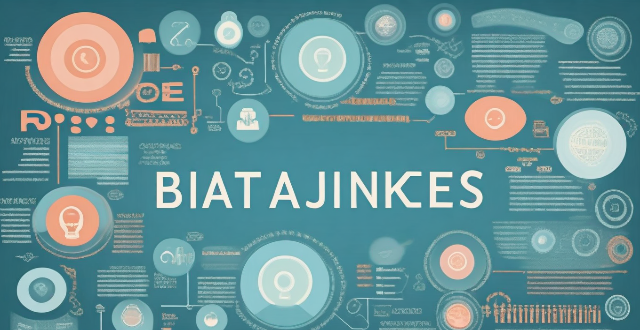
What is the difference between data privacy and data protection ?
The text discusses the difference between data privacy and data protection, emphasizing that understanding these concepts is crucial for managing personal information responsibly. Data privacy focuses on individual rights to control personal information, while data protection emphasizes organizational measures to safeguard that information. Both are essential for building trust and ensuring responsible data handling.

What role does data privacy play in the use of data analytics in education ?
Data privacy is a crucial aspect of educational data analytics, ensuring the protection of student information, compliance with legal frameworks, and building trust among stakeholders. It encompasses measures such as maintaining confidentiality, integrity, and availability of data, adhering to regulations like FERPA, and obtaining explicit permission from students and parents. Challenges include potential misuse of data, bias, and discrimination. Best practices involve developing clear policies, implementing technical measures like encryption and access controls, and educating staff and students about their rights. By addressing these challenges and implementing best practices, educational institutions can harness the power of data analytics while safeguarding the privacy rights of their students.
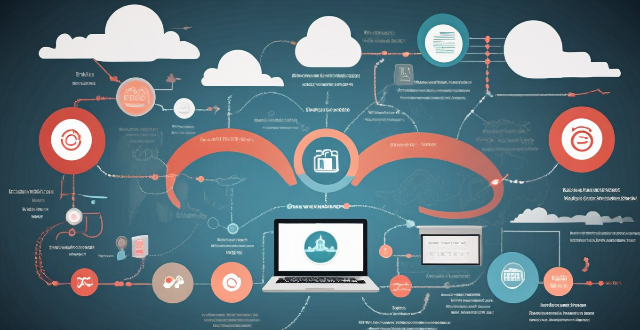
Do unlimited data plans really provide unrestricted internet access ?
Unlimited data plans are marketed as offering unrestricted internet access, but there are often limitations in practice. These include network management practices during peak hours, fair use policies that may reduce speeds for excessive usage, and throttling after reaching certain data thresholds. Additionally, coverage areas and hidden costs can also impact the user experience. It's important to understand the specific terms of your plan before assuming you'll have completely unfettered access.

How often should a business review its credit management policies ?
The frequency of reviewing your credit management policies will depend on various factors specific to your business. However, by conducting regular reviews and staying vigilant about potential issues, you can help ensure that your policies remain effective and aligned with your business goals.

How do remote education platforms ensure data privacy and security ?
Remote education platforms ensure data privacy and security through encryption, access controls, two-factor authentication, regular security audits, and data retention policies. These measures help protect user data during transmission and storage, restrict access to sensitive information, add an extra layer of security, identify and fix vulnerabilities, and minimize the risk of data breaches.

What are some common challenges faced during the implementation of climate policies, and how can they be addressed ?
Implementing climate policies faces challenges in political will, economic concerns, social acceptance, and technical limitations. Addressing these requires stakeholder engagement, policy coherence, innovation, and international cooperation.

Why is data privacy important ?
Data privacy is crucial in the digital age, protecting individuals and benefiting organizations. It ensures control over personal information, prevents misuse, and builds trust. Organizations mitigate risks, gain customer loyalty, and comply with laws by prioritizing data privacy. Key principles include transparency, individual control, data minimization, and security measures. Data privacy will continue to shape the relationship between individuals and technology, balancing innovation and privacy rights.

How do government policies influence the growth of electric vehicle infrastructure ?
Government policies play a crucial role in shaping the growth of electric vehicle (EV) infrastructure. These policies can be broadly categorized into regulatory, financial, and informational measures. Regulatory policies set standards and mandates that must be followed by businesses and consumers, while financial incentives and disincentives are powerful tools used by governments to encourage the adoption and expansion of EV infrastructure. Information plays a vital role in shaping consumer behavior and market dynamics, with governments leveraging this by providing relevant data and promoting awareness. In conclusion, government policies across regulatory, financial, and informational domains have a profound impact on the growth of electric vehicle infrastructure.
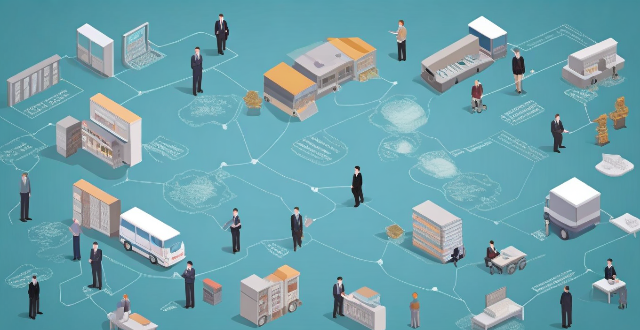
What challenges do countries face when creating and enforcing climate policies ?
The challenges in creating and enforcing climate policies are multifaceted, involving political, economic, technological, social, legal, international, adaptation, and information-related dimensions. Balancing environmental priorities with other policy areas, navigating economic implications like job displacement and transition costs, developing the necessary technology and infrastructure, gaining public acceptance, establishing effective legal frameworks, fostering international cooperation, planning for resilience and adaptation, and ensuring access to reliable data are all critical considerations. These factors often intersect and compound the complexity of crafting and implementing effective climate policies.

Can you explain the concept of 'data minimization' in data protection laws ?
Data minimization is a crucial principle in data protection laws that requires organizations to collect and process only the minimum amount of personal data necessary for specified, explicit, and legitimate purposes. This concept aims to protect individuals' privacy by limiting the potential harm that can result from the misuse or breach of their personal information. Key aspects of data minimization include collection limitation, purpose specification, data retention, data security, and accountability and transparency. Implementing robust security measures is crucial to ensure the confidentiality, integrity, and availability of personal data. Adhering to data minimization principles helps organizations comply with various data protection laws, fosters trust between individuals and organizations, reduces the risk of privacy breaches and violations, mitigates potential damage caused by cyberattacks or data breaches, and leads to cost savings for organizations due to reduced storage requirements and associated management costs.

How can I control who has access to my personal data ?
How can I control who has access to my personal data? To control who has access to your personal data, it's important to: 1. Understand what personal data you have and where it is stored. 2. Review privacy policies and settings of websites and apps you use regularly. 3. Use strong passwords and two-factor authentication to protect your accounts. 4. Limit the amount of personal data you share online. 5. Regularly review and update your privacy settings. By taking these steps, you can help protect your personal data from unauthorized access and ensure that it remains private.

How can businesses adopt and promote inclusive policies within their organization ?
Inclusive policies are essential for businesses to foster a diverse and inclusive workplace culture. To adopt and promote inclusive policies, organizations should conduct a diversity and inclusion audit, develop inclusive policies and practices, train employees on inclusivity, foster a culture of inclusivity, and evaluate and refine inclusive policies regularly.

Is network slicing secure for sensitive data transmission ?
Network slicing is a technology that allows multiple virtual networks to coexist on a shared physical infrastructure, enabling service providers to offer customized services with different QoS requirements. While network slicing offers numerous benefits such as customization, resource allocation, scalability, and isolation, there are also potential security concerns that need to be addressed. These include data isolation, access control, encryption, and intrusion detection and prevention systems (IDPS). By implementing robust isolation mechanisms, access control policies, strong encryption algorithms, and effective IDPS, service providers can leverage network slicing while maintaining the security of sensitive data transmission.

How can climate decisions be made more effectively ?
Effective decision-making in the face of climate change is crucial for mitigating its impacts and adapting to its inevitable consequences. Here are some strategies to enhance the efficacy of climate decisions: Prioritize evidence-based approaches, including gathering reliable data through thorough research and advanced technology, and encouraging transparent communication by opening channels for dialogue and publishing data accessibly. Promote interdisciplinary collaboration by integrating expertise from diverse fields and supporting policy coherence through aligning policies and international cooperation. Engage stakeholders and the public by fostering participatory processes such as public consultations and involving NGOs and civil society, as well as educating and empowering communities through awareness campaigns and capacity building. Finally, implement resilience and adaptation measures by anticipating changes through modeling scenarios and risk assessments, and creating flexible policies through adaptive management and iterative approaches. By focusing on these key areas, we can make more effective climate decisions that stand a better chance of mitigating harm and fostering sustainability.

In what ways do inclusive policies contribute to economic growth and development ?
Inclusive policies are crucial for economic growth as they ensure benefits reach all societal segments. Key contributions include increased access to education, improved health outcomes, enhanced labor market participation, promotion of social cohesion, stimulation of domestic consumption, and attraction of foreign investment. These policies create a virtuous cycle benefiting both the economy and society's well-being.

How does data encryption affect computer performance ?
Data encryption is crucial for securing data but can affect computer performance by increasing processor load, memory usage, disk I/O, network latency, and reducing battery life.
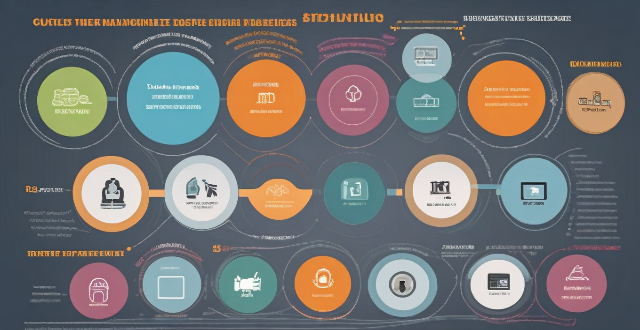
What are some common ways that companies collect and use personal data ?
Companies employ various direct and indirect methods to collect personal data, which they then use for marketing, product development, enhancing customer experiences, and ensuring security.
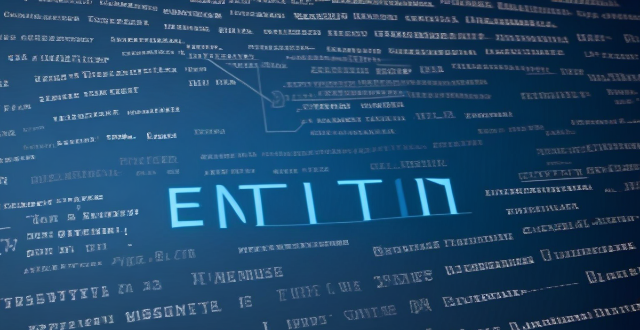
Why is data encryption important for online security ?
Data encryption is crucial for online security, protecting dataData encryption is crucial for online security, protecting data the financial impact of breaches It has evolved from ancient uses to a critical tool in today's digital landscape, with AI optimizing key management and enhancing algorithms.

Can environmental subsidy policies help reduce carbon emissions ?
Environmental subsidy policies can help reduce carbon emissions by promoting renewable energy, enhancing energy efficiency, supporting waste reduction initiatives, and funding research and development of carbon capture and storage technologies. However, these policies must be carefully designed and adequately funded to avoid market distortions and ensure long-term sustainability without creating dependence on government support.

Can I share my unlimited data plan with family members or friends ?
Sharing your unlimited data plan with family members or friends can be a great way to save money and ensure that everyone has access to the internet. Before you start sharing your data plan, there are a few things you should consider. Firstly, it's important to understand what your data plan includes. Most unlimited data plans come with certain restrictions, such as throttling after a certain amount of data usage or slower speeds during peak hours. Make sure you know the details of your plan so that you can accurately communicate them to anyone you choose to share with. Secondly, not all carriers allow for data plan sharing, so it's important to check with your carrier before making any decisions. Some carriers may have specific rules about who can share your data plan and how much data they can use. Others may charge additional fees for each person added to your plan. Be sure to read the fine print and understand any potential costs or restrictions associated with sharing your data plan. Thirdly, if your carrier allows for data plan sharing, adding family members or friends to your plan is usually a straightforward process. You'll need to contact your carrier and provide them with the necessary information for each person you want to add to your plan. Once they're added to your plan, they'll be able to use your data just like you do. Lastly, when sharing your unlimited data plan, it's important to keep track of how much data each person is using. This will help you avoid unexpected overage charges and ensure that everyone has enough data to meet their needs. You can usually monitor data usage through your carrier's website or mobile app. If someone on your plan starts using more data than expected, you may need to talk to them about reducing their usage or consider upgrading to a larger data plan.

What policies can governments implement to promote educational equity ?
Policies for Promoting Educational Equity summarizes key policies governments can adopt to ensure equal access to quality education for all students, regardless of their socio-economic background, race, gender, or any other factors. These policies include universal access to education, quality education, inclusive education, reducing socio-economic disparities, promoting gender equality, addressing racial and ethnic disparities, and collaboration and partnerships with non-profit organizations, private sector companies, and community groups.

How do climate change negotiations influence national environmental policies ?
The influence of climate change negotiations on national environmental policies is significant, as they set international targets and promote technology transfer, financial support mechanisms, adaptation measures, stronger legal frameworks, and public awareness. These discussions help countries develop comprehensive policies that integrate climate considerations across various sectors, ensuring policy coherence and effective action towards global climate goals.

How can climate data analysis inform sustainable development goals and practices ?
**Summary:** Climate data analysis is crucial for understanding environmental systems and shaping sustainable development goals (SDGs) and practices. It helps identify trends, inform policy decisions, assess environmental impacts, and guide sustainable agriculture, urban planning, and disaster risk reduction. By integrating climate data into development frameworks, we can ensure that current actions do not compromise future generations' ability to meet their needs and aspirations.
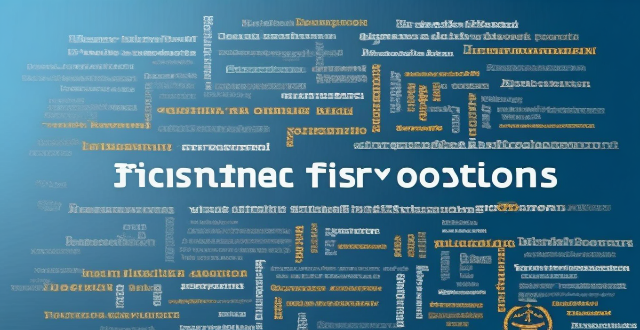
Can climate variability be mitigated through international agreements and policies ?
The text discusses the potential of international agreements and policies to mitigate climate variability, highlighting their roles in setting goals, promoting cooperation, creating legal obligations, and raising awareness. It also explores the impact of various policies on emission reduction, adaptation, research and development, and education. However, it acknowledges challenges such as political will, economic considerations, equity and justice, and compliance and enforcement. The text concludes that while these measures are crucial, they must be part of a comprehensive strategy that includes local efforts, technological advancements, and individual actions.
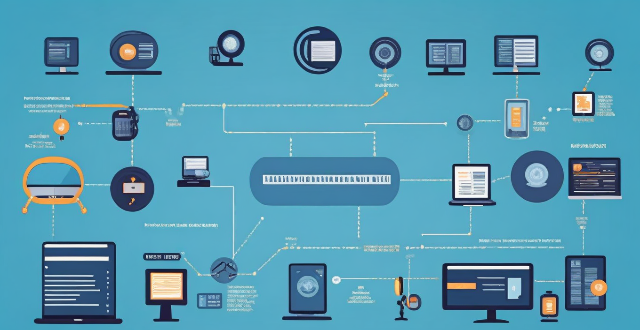
What are the benefits of having an unlimited data plan ?
An unlimited data plan offers benefits such as no data caps or overage charges, the ability to stream videos and music without worrying about data usage, using multiple devices simultaneously, working from anywhere, enjoying online gaming and social media, and better value for money.

How do environmental subsidy policies influence consumer behavior ?
Environmental subsidy policies aim to promote sustainable practices and reduce environmental harm by offering financial incentives. These policies can encourage green consumption, lower the cost of eco-friendly products, and raise awareness about environmental issues. However, they also face challenges such as insufficient incentives, unintended consequences, and limited scope and impact. Therefore, careful design and evaluation are crucial for ensuring their effectiveness in promoting sustainable development.